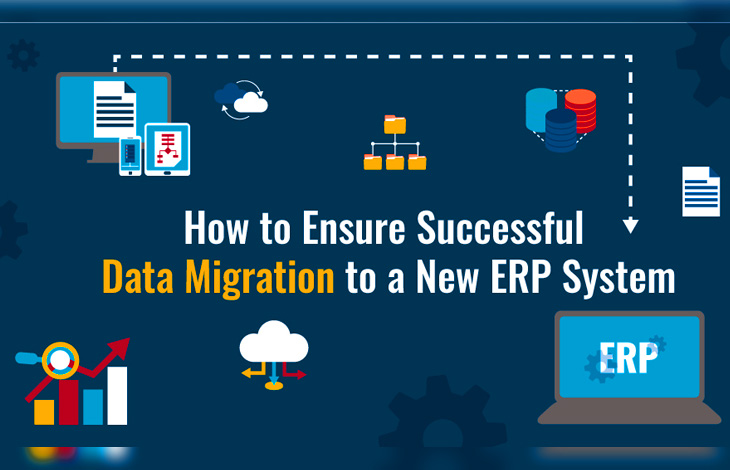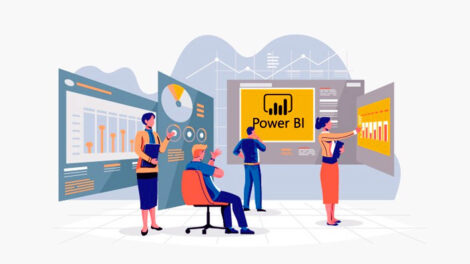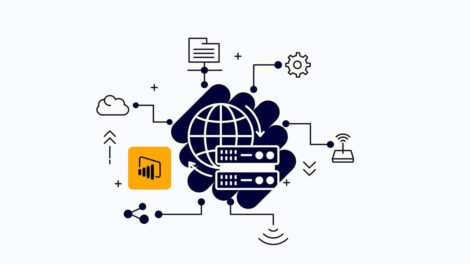In these days evolving business landscape, staying competitive requires more than just cutting-edge products or services it demands efficient, agile, and data-driven operations. Enterprise Resource Planning (ERP) systems play a pivotal role in achieving this goal by integrating various business functions into a single platform. However, migrating data to a new ERP system can be a daunting task, fraught with challenges and complexities. In this guide, we delve deep into the intricacies of ERP data migration, offering valuable insights, tips, and best practices to ensure a smooth transition for your organization.
Understanding ERP Data Migration
In the realm of enterprise software, ERP data migration refers to the process of transferring data from legacy systems to a new ERP solution. This encompasses a wide array of data, including but not limited to customer records, financial transactions, inventory data, and employee information. Successful ERP data migration is crucial for ensuring continuity of operations and harnessing the full potential of the new system.
Challenges of ERP Data Migration
Migrating data from one system to another is rarely a straightforward endeavor. It requires overcoming a variety of obstacles, including.
Data Mapping and Cleansing: Ensuring compatibility and accuracy of data between old and new systems.
Downtime and Disruption: Minimizing downtime and mitigating disruptions to business operations during the migration process.
Data Security and Privacy: Safeguarding sensitive information throughout the migration process to prevent breaches or leaks.
User Training and Adoption: Facilitating smooth transition by providing adequate training and support to end-users.
Integration Complexity: Addressing the complexities involved in integrating data from disparate systems into a cohesive ERP platform.
Benefits of ERP Data Migration
Despite the challenges, it has offers numerous benefits, including.
Enhanced Efficiency: Streamlining business processes and eliminating redundancies to boost operational efficiency.
Data Centralization: Consolidating data into a single, centralized repository for easier access and analysis.
Improved Decision-Making: Empowering stakeholders with real-time insights and analytics to make informed decisions.
Scalability and Flexibility: Adapting to evolving business needs and scaling operations seamlessly.
Competitive Advantage: Gaining a competitive edge by leveraging advanced features and functionalities of modern ERP systems.
Best Practices for Successful ERP Data Migration
To ensure a successful ERP data migration, consider the following best practices:
Comprehensive Planning: Develop a detailed migration plan outlining objectives, timelines, and resource allocation.
Data Assessment and Cleanup: Conduct a thorough assessment of existing data, identify inconsistencies, and cleanse data before migration.
Stakeholder Involvement: Involve key stakeholders from across the organization to gather insights and ensure alignment with business objectives.
Testing and Validation: Perform extensive testing of migrated data to validate accuracy, integrity, and functionality.
Continuous Monitoring: Implement robust monitoring mechanisms to track progress, identify issues, and address them promptly.
Training and Support: Provide comprehensive training and ongoing support to end-users to facilitate smooth transition and adoption.
Common FAQs About ERP Data Migration
How long does ERP data migration typically take?
ERP data migration timelines vary depending on the complexity of the project, the volume of data, and the extent of customization required. On average, it can take a few weeks to several months.
What are the main risks associated with ERP data migration?
Some of the main risks include data loss, system downtime, compatibility issues, and disruptions to business operations. However, these risks can be mitigated through careful planning, testing, and implementation.
Is ERP data migration a one-time process?
While the initial migration is a significant undertaking, ERP data migration is not a one-time event. It may involve periodic updates, data migrations, or integrations with other systems as the business evolves.
How can businesses ensure data security during ERP data migration?
Businesses can enhance data security during ERP data migration by implementing encryption protocols, access controls, and regular security audits. It’s also crucial to work with reputable vendors and adhere to industry best practices.
What role do data migration tools play in the process?
Data migration tools automate many aspects of the migration process, including data extraction, transformation, and loading (ETL). These tools help streamline the process, reduce errors, and accelerate deployment.
How can businesses measure the success of ERP data migration?
Success metrics for ERP data migration may include factors such as data accuracy, system performance, user satisfaction, and alignment with business objectives. Regular monitoring and feedback mechanisms are essential for evaluating success.
Final Wording
ERP data migration is a complex yet indispensable process for organizations seeking to modernize their operations and unlock new opportunities for growth. By understanding the challenges, benefits, and best practices outlined in this guide, businesses can navigate the migration journey with confidence and maximize the value of their investment in ERP systems.




